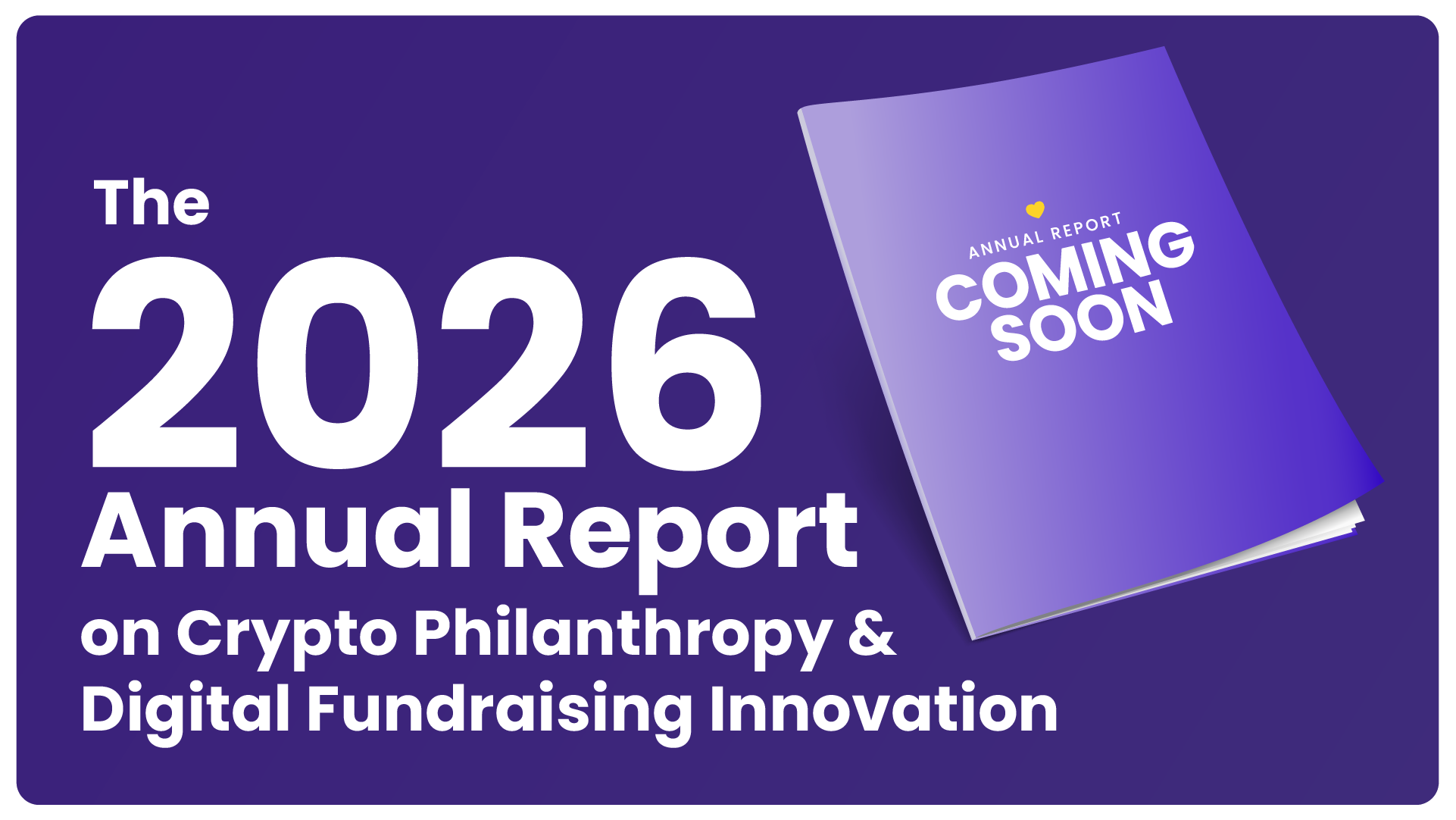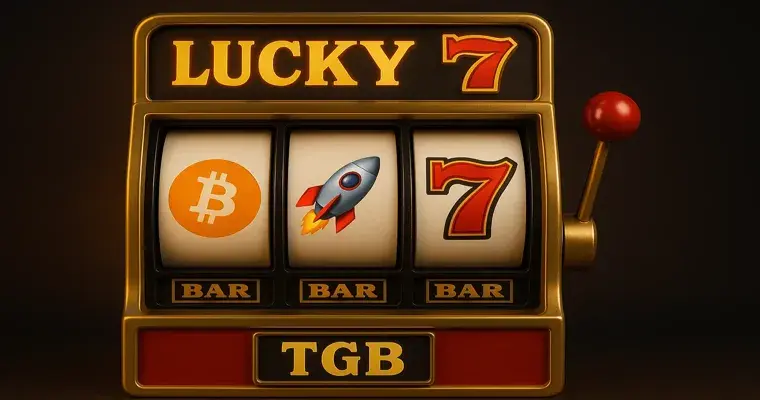With trends in philanthropy always changing, it’s important to stay on top of new developments from the world of investing. After all, donations of crypto and stock tend to be many times larger than average cash donations, and more tax-efficient for donors.
You may have heard the recent news of the SEC’s spot Bitcoin ETF approval and even some rumblings about its potential to dramatically alter the landscape of traditional investing.
If you’re a fundraiser, understanding this monumental news can help you navigate conversations with your biggest supporters and potentially maximize their generosity.
You’ll find plenty of general articles about Bitcoin ETFs, but we’ll unpack how we expect them to impact nonprofit fundraisers in the coming months and years.
There are also a few immediate steps you can integrate in your fundraising approach with major donors, so be sure to read this article all the way to the end!
Disclaimer: This post is informational only and is not intended as tax advice. For tax advice, please consult a tax professional.
Historic News: The SEC Approved 11 Spot Bitcoin ETFs
In January 2024, the SEC approved 11 spot Bitcoin ETFs (aka “exchange traded funds”). Overnight, traditional investors in the US can now gain exposure to the crypto market in their brokerages, 401ks, and other traditional venues. Crypto, as an investment class, can now be seen as a mainstream asset just like stocks are.
What Are Bitcoin ETFs?
ETFs are often compared to stocks and mutual funds. They can be bought on exchanges, experience price fluctuations during the day, and can offer exposure to a collection of assets. It’s important to note, though, that Bitcoin ETFs are most similar to single-stock ETFs, a variety of ETF that only offers exposure to a single asset.
So far, early interest in Bitcoin ETFs has been record-breaking. In a little over a week, Bitcoin has surpassed silver to become the second-most popular ETF commodity, right behind gold. This trend signals immense demand for regulated crypto exposure as part of a complete investment portfolio.
So far, early interest in Bitcoin ETFs has been record-breaking. In a little over a week, Bitcoin has surpassed silver to become the second-most popular ETF commodity, right behind gold. This trend signals immense demand for regulated crypto exposure as part of a complete investment portfolio.
Why Do Bitcoin ETFs Matter to Nonprofits?
When investors inevitably want to sell Bitcoin ETF shares, they will be confronted with a classic dilemma: “I want to sell my shares and take profits, but I don’t want to pay capital gains taxes. What are my options?”
As financial and tax advisors know, one of the most tax-efficient ways to donate to charity is by directly giving assets like crypto and stock to registered charities.
With federal capital gains tax rates as high as 20% and some state capital gains tax rates as high as 13%, the tax savings can really add up when investors set aside some shares for philanthropy.
Now, with traditional investors gaining exposure to Bitcoin via ETFs, it opens the door for fundraisers to include Bitcoin ETFs in the conversations with major donors. All in all, these ETFs are a new opportunity to diversify your donors’ giving options when it comes time to make their annual gifts.
Emerging Trend We’re Watching: $GBTC Outflows
Fundraisers should be mindful of the $1 billion in daily outflows from Grayscale’s Bitcoin Trust (GBTC), which has been converted to a spot Bitcoin ETF.
Performance doesn’t seem to be a factor, as GBTC is up +6,000% since it launched in 2015. Instead, analysts have pointed to the high management fees.
While many of these GBTC conversions are taking place as we speak, there could still be other investors positioning themselves for a similar transaction at a future date.
That’s why major gift officers may want to inquire if some of their supporters hold GBTC shares. If so, consider asking if they have weighed the decision to sell their GBTC holdings in 2024.
(Doing so would trigger a capital gains event which is taxable, unless you donate those stock shares directly to a registered charity.)
Reminder: Donations of GBTC shares are as tax-efficient as stock donations. And they can be donated like any other stock donation via The Giving Block’s online stock giving solution.
Bottom Line: Ask Donors for Crypto, Stocks, and Bitcoin ETF Shares
Crypto is now more accessible to financial institutions and the average investor. From here, we expect more Americans to increase their exposure to crypto as a wealth-building asset.
As a result, we think crypto will become even more reliable as a long-term fundraising revenue stream for nonprofits.
Overall, this news is a major signal to make your crypto and stock giving forms more visible on your nonprofit’s website, and to feel confident in mentioning cryptos, ETFs, and stocks in your conversations with donors.
Ready to Exceed Your Fundraising Goals With Crypto and Stock Donations?
Fundraising crypto and stock is an effective strategy for engaging a class of donors that typically gives more than the average nonprofit donor.
With charitable giving habits becoming more digital each year, we’ve optimized crypto and stock donations with a simple online form—and added an option for making donor-advised fund grants, too.
The result is an all-in-one solution for philanthropists that like to use their investments to maximize their tax efficiency and charitable impact. We believe your technology should work for you, not the other way around.
Unify your crypto, stock and DAF donation forms with The Giving Block, trusted by thousands of charitable organizations. Learn more about our innovative nonprofit fundraising solutions and packages.




















